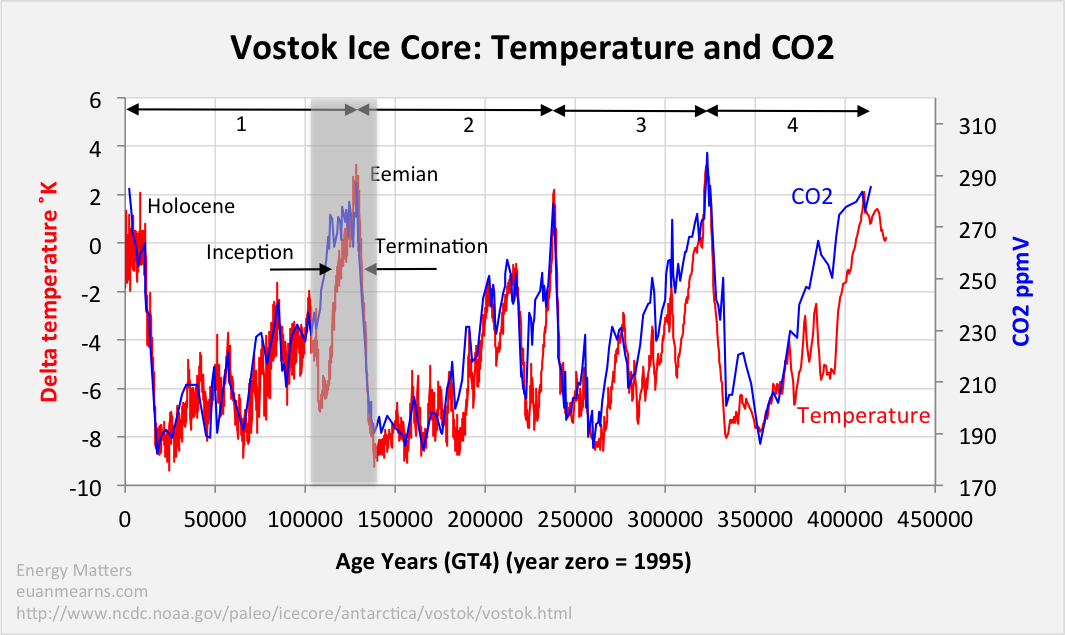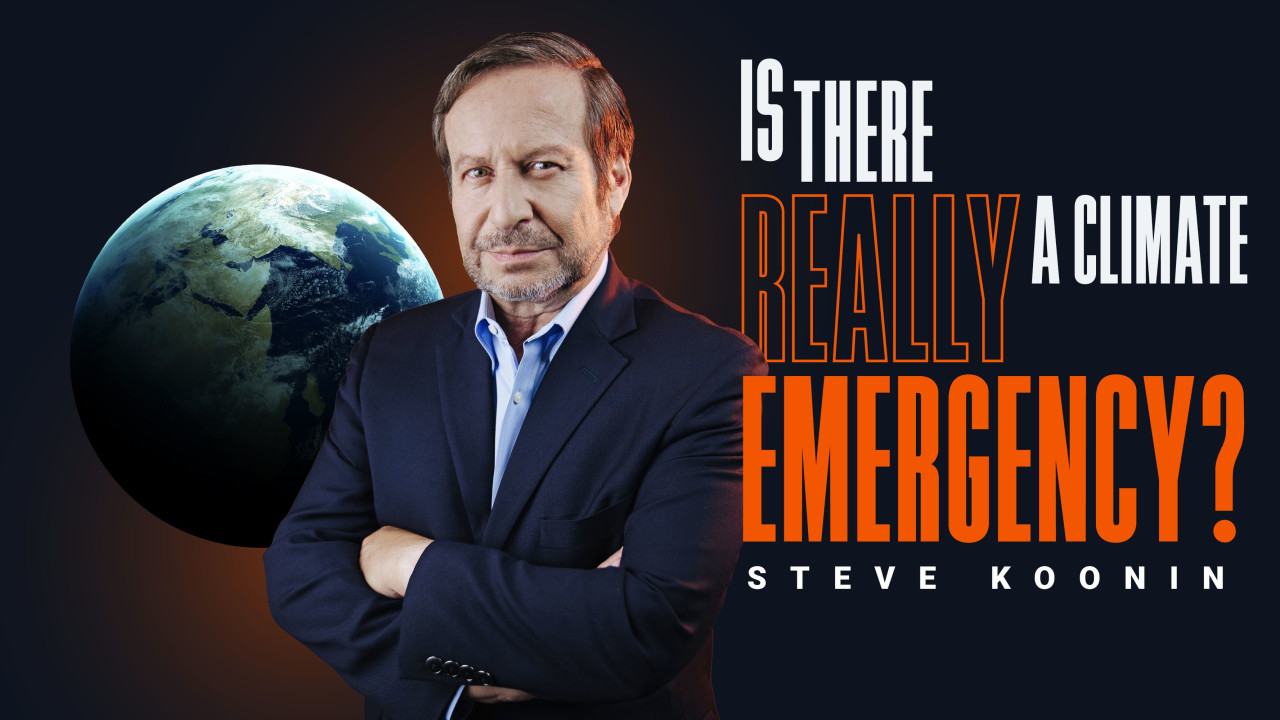PoliticalChic
Diamond Member
1. Steve Koonin...."Steven E. Koonin (born December 12, 1951)[1] is an American theoretical physicist and director of the Center for Urban Science and Progress at New York University. He is also a professor in the Department of Civil and Urban Engineering at NYU's Tandon School of Engineering.[2] From 2009 to 2011, he was Under Secretary for Science, Department of Energy, in the Obama administration."
Wikipedia
He just authored a Prager U five minute lesson for the hand-wringer......
2. "Here’s what many people believe:
One: The planet is warming catastrophically because of certain human behaviors.
Two: Thanks to powerful computers we can project what the climate will be like 20, 40, or even 100 years from now.
Three: That if we eliminate just one behavior, the burning of fossil fuels, we can prevent the climate from changing for as long we like.
Each of these presumptions—together, the basis of our hubris regarding the changing climate—is either untrue or so far off the mark as to be useless.
3. “I do not think ‘The Science’ says what you think it says.”
For example, government reports state clearly that heat waves in the US are now no more common than they were in 1900.
Hurricane activity is no different than it was a century ago.
Floods have not increased across the globe over more than seventy years.
Greenland’s ice sheet isn’t shrinking any more rapidly today than it was 80 years ago.
Why aren’t these reassuring facts better known?
Because the public gets its climate information almost exclusively from the media.
And from a media perspective, fear sells.
4. ...from the US government and UN Climate reports say is that… “things aren’t that bad.”
Nor does the public understand the questionable basis of all catastrophic climate change projections: computer modeling.
Projecting future climate is excruciatingly difficult. Yes, there are human influences, but the climate is complex. Anyone who says that climate models are “just physics” either doesn’t understand them or is being deliberately misleading. I should know: I wrote one of the first textbooks on computer modeling.
5. ...different modelers will make different assumptions, results vary widely among different models."
Is There Really a Climate Emergency? | PragerU
Wikipedia
He just authored a Prager U five minute lesson for the hand-wringer......
2. "Here’s what many people believe:
One: The planet is warming catastrophically because of certain human behaviors.
Two: Thanks to powerful computers we can project what the climate will be like 20, 40, or even 100 years from now.
Three: That if we eliminate just one behavior, the burning of fossil fuels, we can prevent the climate from changing for as long we like.
Each of these presumptions—together, the basis of our hubris regarding the changing climate—is either untrue or so far off the mark as to be useless.
3. “I do not think ‘The Science’ says what you think it says.”
For example, government reports state clearly that heat waves in the US are now no more common than they were in 1900.
Hurricane activity is no different than it was a century ago.
Floods have not increased across the globe over more than seventy years.
Greenland’s ice sheet isn’t shrinking any more rapidly today than it was 80 years ago.
Why aren’t these reassuring facts better known?
Because the public gets its climate information almost exclusively from the media.
And from a media perspective, fear sells.
4. ...from the US government and UN Climate reports say is that… “things aren’t that bad.”
Nor does the public understand the questionable basis of all catastrophic climate change projections: computer modeling.
Projecting future climate is excruciatingly difficult. Yes, there are human influences, but the climate is complex. Anyone who says that climate models are “just physics” either doesn’t understand them or is being deliberately misleading. I should know: I wrote one of the first textbooks on computer modeling.
5. ...different modelers will make different assumptions, results vary widely among different models."
Is There Really a Climate Emergency? | PragerU





